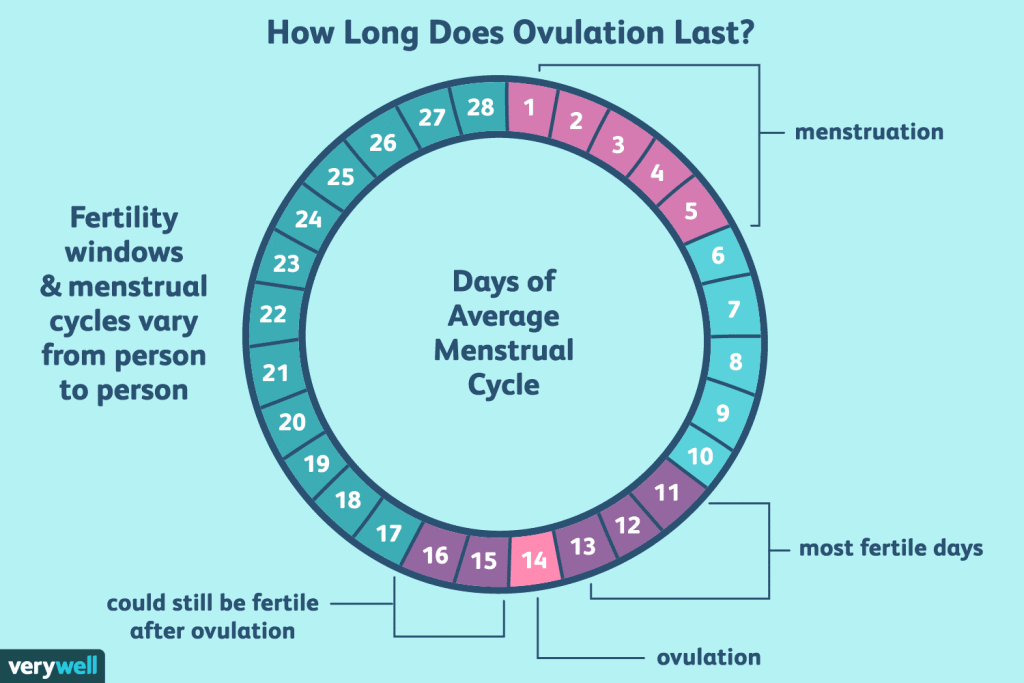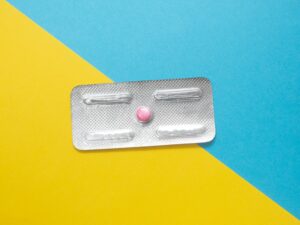
Know Your Cycle
Have you ever wondered how your period works? Why does it come every month? What does it have to do with getting pregnant? Today we’re discussing a few common questions regarding your menstrual cycle.
What is a period?
Your period (also known as menstruation) is a woman’s monthly bleeding. When you menstruate, your body sheds the the lining of your uterus.
During your monthly menstrual cycle, the uterus lining builds up to prepare for pregnancy. If you do not get pregnant, specific hormones in your body will begin to fall, telling your body to start your period and get rid of the extra lining of your uterus.
What is the menstrual cycle?
The menstrual cycle is the monthly hormonal cycle a female goes through to prepare for pregnancy. It includes ovulation and menstruation.
How long is the menstrual cycle?
Your menstrual cycle is counted from the first day of your period up to the first day of your next period. The typical menstrual cycle lasts about 28 days, but every woman is different. Your cycle can also vary month to month – your periods are still considered “regular” even if the length of your cycle varies from 24 to 38 days.
What is ovulation?
Ovulation is when your ovary releases an egg so it can be fertilized by sperm in order to create a baby. A woman has the highest chance of getting pregnant if she has sex within three days before ovulation. Sperm can live for three to five days in a woman’s reproductive organs, so if you have unprotected sex within three days of ovulation, the sperm will be ready and in place to fertilize the egg when you ovulate.
When will I ovulate?
On average, a woman ovulates 2 weeks following the first day of her period. However, each woman’s cycle length is different and the time between a woman’s period and ovulation can vary from two to three weeks.
How do I know if I’m ovulating?
A few days before you ovulate, you may experience an increase and change in your vaginal discharge. You may also check for an increase in your basal body temperature (your temperature after sleeping before you get out of bed). Some women also may test for luteinizing hormone (LH). LH is a hormone that tells the ovary to release an egg (ovulation). LH levels increase approximately 36 hours before ovulation.
Why should I keep track of my menstrual cycle?
If your periods are regular, tracking them will help you know when you will be most likely to get pregnant and when to expect your period. If your periods are not regular (you are missing periods or are having pain/bleeding that causes you to miss school or work), tracking your period and any symptoms you may have can help your healthcare provider find a treatment for you.
How can I keep track of my menstrual cycle?
You can keep track of your menstrual cycle by marking the days you start and end your period. After a few months you will be able to determine if your periods are regular or not. If you start tracking your period, you may also want to note:
- Period symptoms – Did you have cramping? Moodiness? Bloating? Breast tenderness?
- How heavy the bleeding was – Was it heavier or lighter than usual?
- How many days your period lasted – Was it longer or shorter than normal?
There are also apps available for your phone that allow you to track your periods and some include other features to track symptoms, energy levels and more.
While we can do our best to track our menstrual cycles and ovulations to prevent pregnancy, we can often miscalculate or forget to track days, and pregnancy may occur.
If you believe you may be pregnant, call Your Options Medical for your free pregnancy test today.

Recent Stories

Is Plan B Similar to the Abortion Pill?
Read Article
How Soon Can Home Pregnancy Tests Accurately Detect Pregnancy?
Read Article
I Am Afraid of How My Partner Will React to My Unexpected Pregnancy
Read Article
What Do I Need to Know if I Am Pregnant in High School?
Read Article